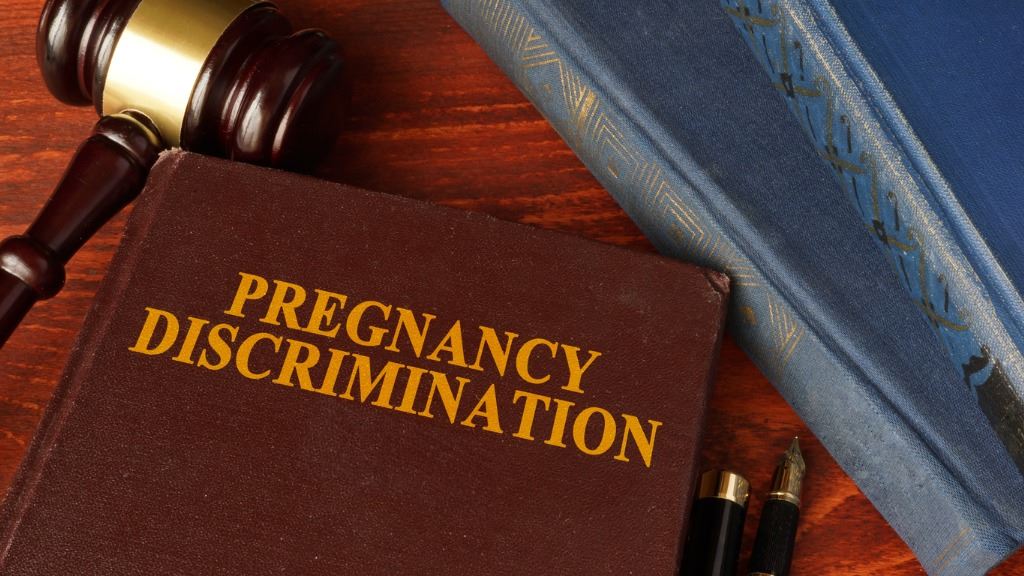When the groundbreaking Title IX law was passed in 1972, sex-based discrimination was eliminated and both males and females were given equal access to education, athletics, housing, hiring, and more.
For those reading this who are younger, it may seem unfathomable that at one time a school may have prohibited a female from registering for a plumbing class or a male from signing up for nursing coursework. Yet this happened, and discrimination was also often prevalent in a school’s athletic and extracurricular activities. Title IX removed these barriers.
Evidence of Title IX Success
Title IX originally was a little-noted provision in the educational amendments omnibus bill. Since its passing, the legislation has made inroads in many areas and statistics show the law has made an enormous impact. The year before the law’s passage, less than 30,000 females participated in college sports compared to the more than 190,000 who participated 40 years later. Scholarships for female athletes were nonexistent but now represent about half of the athletic scholarship awards at Division 1 schools. The number of female university faculty members doubled and more than tripled in STEM (Science, Technology, Engineering, Math) teaching positions.
Title IX went further by making it illegal to discriminate against pregnancy in the educational system.
Title IX’s Pregnancy Protections
Discriminatory practices and actions are prohibited throughout the educational system for pregnant and parenting students.
Title IX protects many areas of educational life and employment, including:
- Enrollment. A student, no matter their grade or college level, cannot be forced to disenroll from their academic programs. If she chooses, she can continue to attend classes up to her delivery date.
- Athletic & Extracurricular Activities. A school cannot assume that a student’s participation will have adverse effects on her or an unborn child and is prohibited from withdrawing access to her programs.
- Excused Absences. Schools must allow pregnant students and new mothers as much time as recommended by the doctor. At the end of that period, the student must be able to return to the same programs she attended when the leave began.
- At-Home Instruction. Title IX requires that schools provide pregnant students with any special services they provide to other temporarily disabled students.
- Breast Milk Expression. Parenting students must be given reasonable breaks to express breast milk during school and should have access to a private space that is not a bathroom in which to do so.
- Scholarships. Schools cannot terminate or reduce athletic, merit, or need-based scholarships because of pregnancy.
- Housing. If you are in a dorm/college housing, you cannot be kicked out because of pregnancy. Schools, though, may require that you find alternative housing once your baby is born.
- Hiring. Universities and colleges often hire students for various roles. Pregnancy cannot be a basis for not hiring a student.
- Continued Employment. If a student needs pregnancy leave from her job (during pregnancy or at childbirth), she must be granted that leave and allowed to return to her same job when the doctor allows.
Title IX Exemptions
Not all schools in the U.S. are required to adhere to Title IX. Schools that do not receive federal funding are exempt from its provisions. Additionally, a school that is controlled by a religious organization is released from following any aspect that conflicts with the organization’s religious tenets.
Title IX Legal Counsel
Sometimes, like with other laws, an institution or individual can be incorrectly accused of violating Title IX. These accusations hurt both personally and professionally. If you have been accused of violating Title IX, our Parisi, Coan & Saccocio, PLLC can help ensure you receive due process. Our focus on Title IX means we stay updated on the latest policies, guidelines, and trends and can bring that knowledge to bear for your case.
If you or your child has been accused of violating Title IX in California, New York, Massachusetts, North Carolina, Arizona, or Texas, contact us today at (737) 200-2332 or through our online form to learn how we can help.
